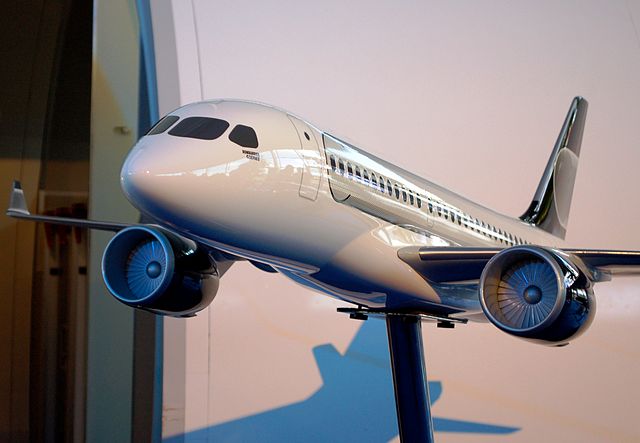What would it take to have a new large civil aircraft manufacturer besides Boeing and Airbus, that is not state sponsored (C919, MC-21)
In other words, what are the chances a new company would break into the market? What would it take?
If you look at the US past aircrafts, there is an abundance of companies producing large civil aircraft: Boeing, Convair, Douglas, Lockheed, Martin. Then there were the French, the British and the Russian manufacturers. Now there is Boeing and Airbus. Embraer and Bombardier are producing rather small planes for today's standards, even if they are impressive compared to historic planes.
The regional jet market is a lot more competitive, with the CRJs and ERJs under pressure from MRJ, SJ-100 and ARJ. Could one of those companies successfully grow into Boeing and Airbus market?
What are the chances a start-up, with no state money, will come to market with a new 100+ seats plane in the next 20-30 years? Could a SpaceX type of company be successful in the airplane manufacturing industry?

